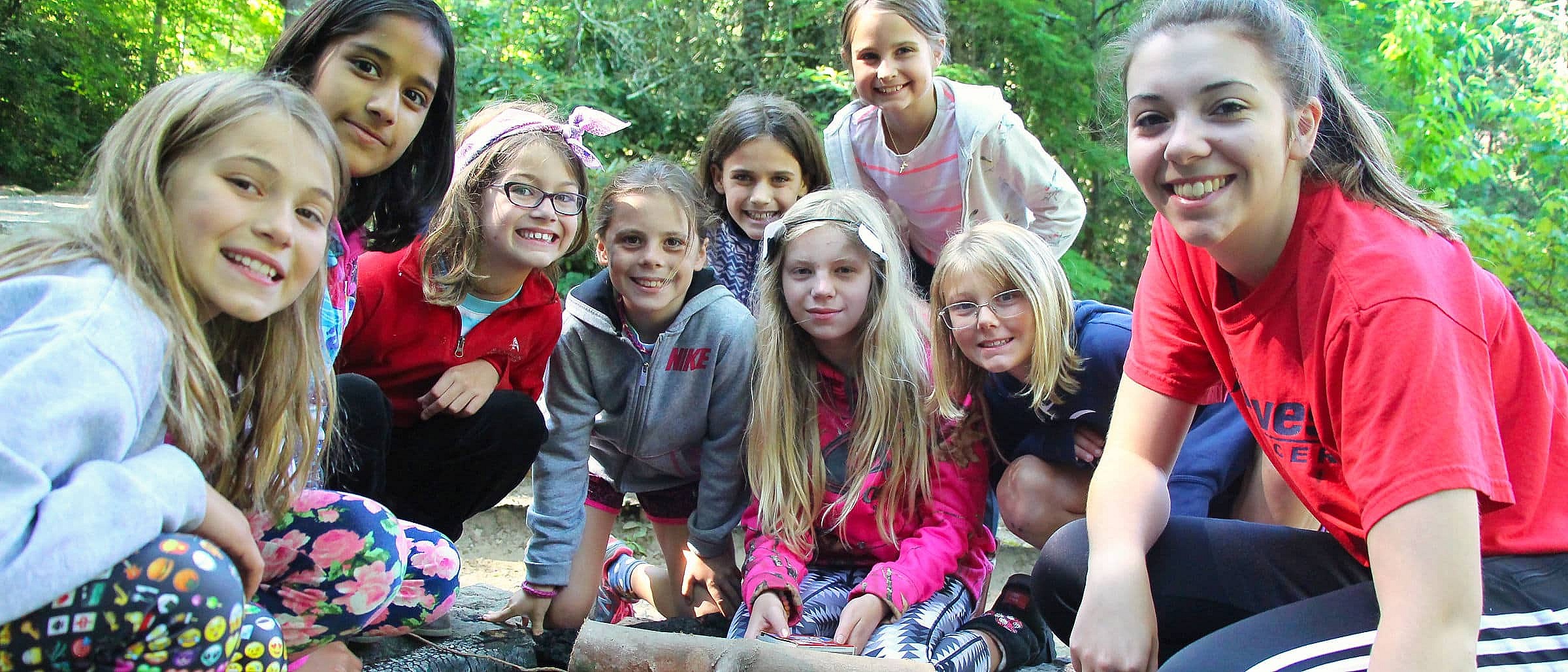3 Common Mistakes
Life as a camp counselor is a lot of fun, and is rewarding for all sorts of reasons, but it can sometimes be challenging too. Children are learning and growing, and in the camp environment away from their parents, it’s common for them to struggle a bit, need assistance now and then, and even make “less than ideal” choices leading to unwelcome behavior.
Seeing these behaviors and struggles, it’s common for camp counselors to want to “fix” the situation. They’ll rely on their instincts, their pre-camp training, and character to help their campers improve. At the same time, it’s also easy to fall into certain traps and make mistakes, despite their best intentions.
Here are 3 common mistakes camp counselors often make.
1. Telling children the things you don’t want them to do, rather than the things you do want them to do.
We often tell children, “Don’t fight! Stop running! Quit arguing! Leave that alone!” This way of communicating leaves children with a much better idea of what we don’t want them to do than of what we do want them to do. No wonder many child-care workers are exasperated with the ways children behave! It takes awareness and a concerted effort to break this habit, but learning to say what we want from children pays dividends. Calm, clear expectations are the goal.
2. The tug-of-war trap.
When a child says, “I’m not making my bed! My parents didn’t pay for me to come to camp to work; I came to have fun,” most novice counselors fall for the bait and immediately get caught in an argument about who paid for camp and whether the camper must make the bed or not. A better strategy is to understand what might be motivating the child’s behavior by kindly asking how you might work together to accomplish the goal at hand.
3. Missing the feelings in what children say.
We become fixated on behavior and forget that a child may be acting out of fear, sadness, or a sense of loneliness. Unless counselors learn to identify and name feelings, much of what campers communicate to them may be lost. Pause and listen. Bring out your compassion, and be patient. You’ll soon understand what feelings are present.



I do have to say at camp it is every important that counselors understand these things. Because camp is might to be fun and not a big fit. I have to say counselors who understand these things are the great ones!
What three great aspects for a counselor to address and understand! Those lines sound familiar not from when I was a CIT on middler line last year, but from when I was a feisty camper that did not appreciate early morning bells and chores! A counselor that can be constructive, instead of defensive, when it comes to those three things has truly mastered the art of being a positive influence, not just in a camper’s summer, but in their future lives.